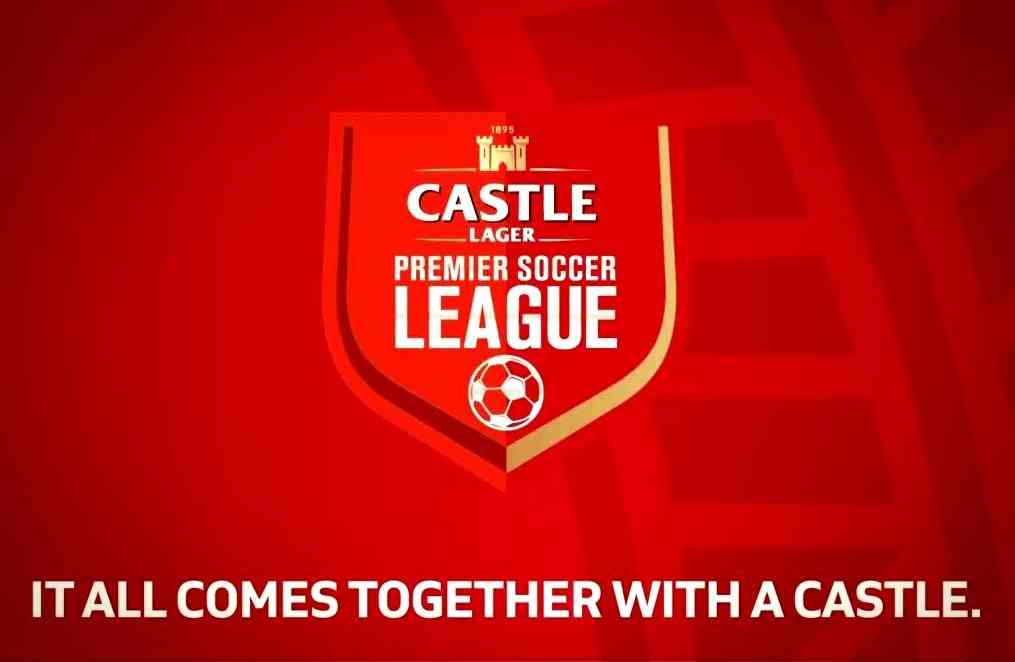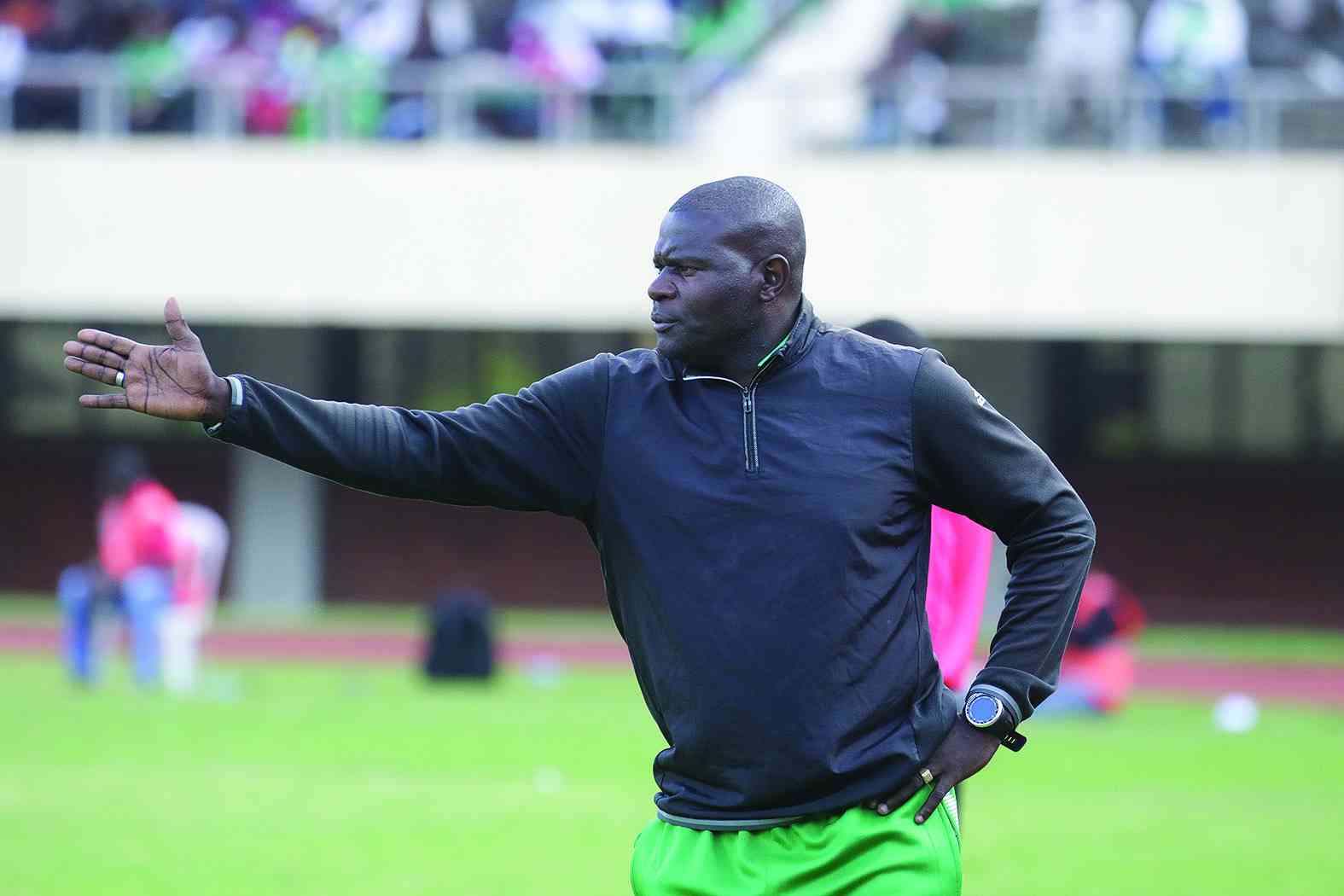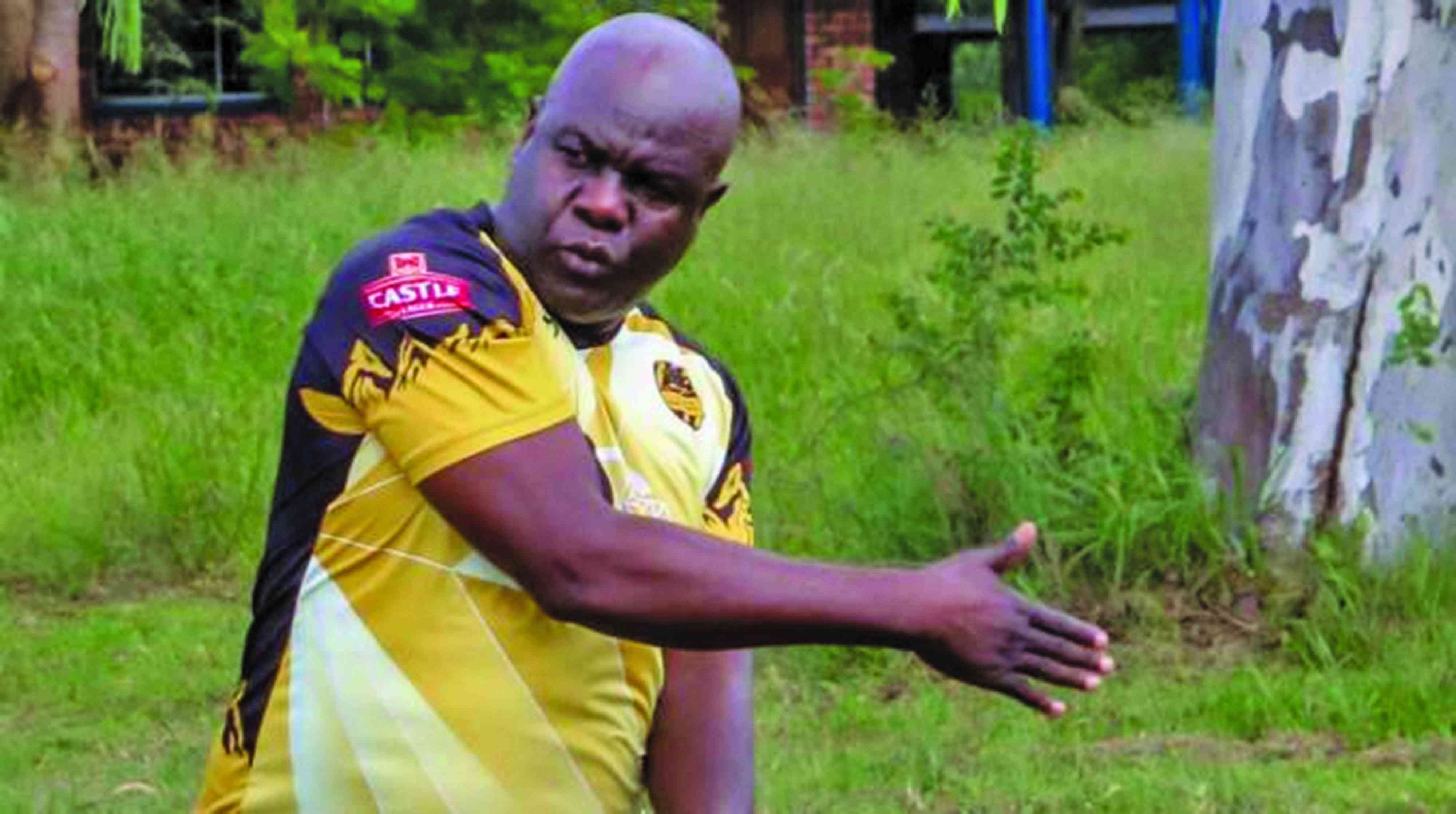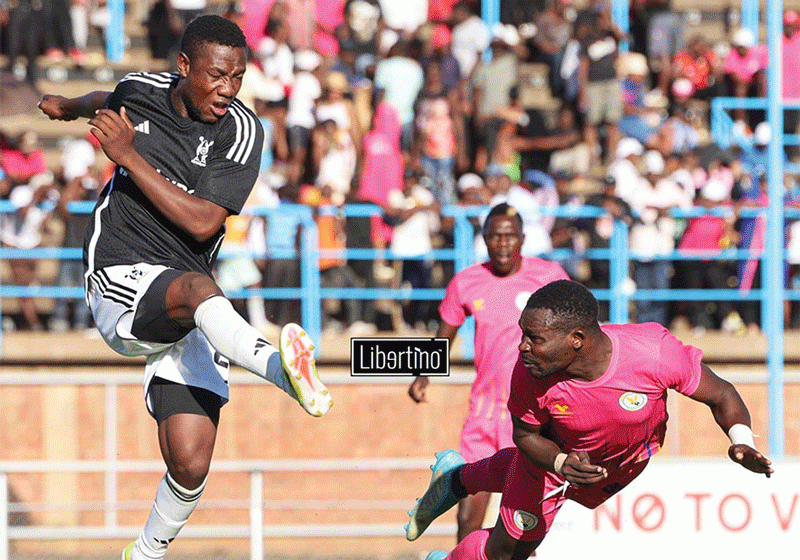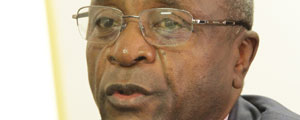
AS THE Zifa board and the Sports and Recreation Commission (SRC) prepare to meet today to explore ways to save the national game following calls for the disbandment of the association from various quarters, world football governing body Fifa says they are monitoring the situation.
WELLINGTON TONI SPORTS EDITOR
The entire Zifa board is expected at the meeting which has been ordered by Sport, Arts and Culture minister Andrew Langa. Association president Cuthbert Dube, his deputy Omega Sibanda, John Phiri, Tawengwa Hara, Fungai Chihuri, Bernard Gwarada, Mirriam Sibanda and Twine Phiri are all expected to attend the indaba in the capital, together with ex-officio member and chief executive Jonathan Mashingaidze.
The ministry has been inundated by calls from former administrators and football stakeholders who want the government to dissolve the Zifa board and take over the running of the game and they have indicated that such action is likely as early as next week. In a short response to inquiries from NewsDay Sport about the situation in Zimbabwe, Fifa spokesperson Alois Hug, in an emailed response, yesterday said: “Fifa is in contact with Zifa to assess the situation. We have no further comment at this stage.”
NewsDay Sport had made inquiries with the Fifa Media Department yesterday on who would be affected if a ban was imposed on Zifa, focusing mainly on financial support in terms of grants and Goal Projects, FC Platinum’s participation in the Caf Confederation Cup, referees that sit on the Fifa panel and Kennedy Ndebele, Zimbabwe’s only Fifa instructor.
Last week, an unsigned memo was allegedly written by some board members addressed to Dube and his deputy Sibanda, citing various cases of maladministration in the national association.
Deputy Minister of Sport Tabetha Kanengoni-Malinga also waded into the debate, arguing that Fifa’s strict rule of no-government interference in football was killing the game and wanted Dube removed from office immediately.
She said the corporate sector could not support Zifa with the current leadership in office.
- Chamisa under fire over US$120K donation
- Mavhunga puts DeMbare into Chibuku quarterfinals
- Pension funds bet on Cabora Bassa oilfields
- Councils defy govt fire tender directive
Keep Reading
Last Wednesday, Kanengoni-Malinga told Parliament that the dissolution of the Zifa board by the electorate (general assembly) was the best way forward even if the country was to incur a Fifa ban. “Government is saying we are not happy with Zifa. If we have to be suspended, let it be so. It will help us in future to put our house in order,” Kanengoni-Malinga said.
“After the suspension, we will be okay. We won’t be the first to be suspended. We are of the opinion that those who voted Cuthbert Dube (into office) should come to their senses and vote him out,” she said.
In 2011, Fifa Director of Member Associations and Development, Thierry Regenass, spoke about governmental interference in football and the measures which football’s governing body could take. “Fifa has the mandate to control association football worldwide, in all its aspects. This mandate is delegated to the national association, to control association football at the national level.
This is about managing, controlling and developing football as a game and also the organisation of the game in general. The associations have the obligation to do it on their own, in an autonomous way without outside interference, from the government or any other parties. In general, political interference is when a government tries to take direct control.
“The most common case of political interference is when a government perceives that the Executive Committee of the national association is not performing well enough and decides to take action. Often, because the national team is losing too many games, they decide that changes must be made and want to put someone else in charge.
“However, we are not against governments, nor do we encourage our member associations to work in opposition of their governments. On the contrary, we constantly try to establish a good atmosphere and co-operation with governments. A government has a very important role to play in contributing to the development of football in a country. If there is a good relationship between the government and the national football association, then there will be very productive results.
“We are in constant communication with our members and at times, there might be confusion, or even tension with other parties, but it can’t even be considered a case because the issue gets quickly resolved, through a simple clarification letter, or sometimes the evocation of a suspension.
“When there are problems, we try to encourage the association to explain the background. We then explain why there would



